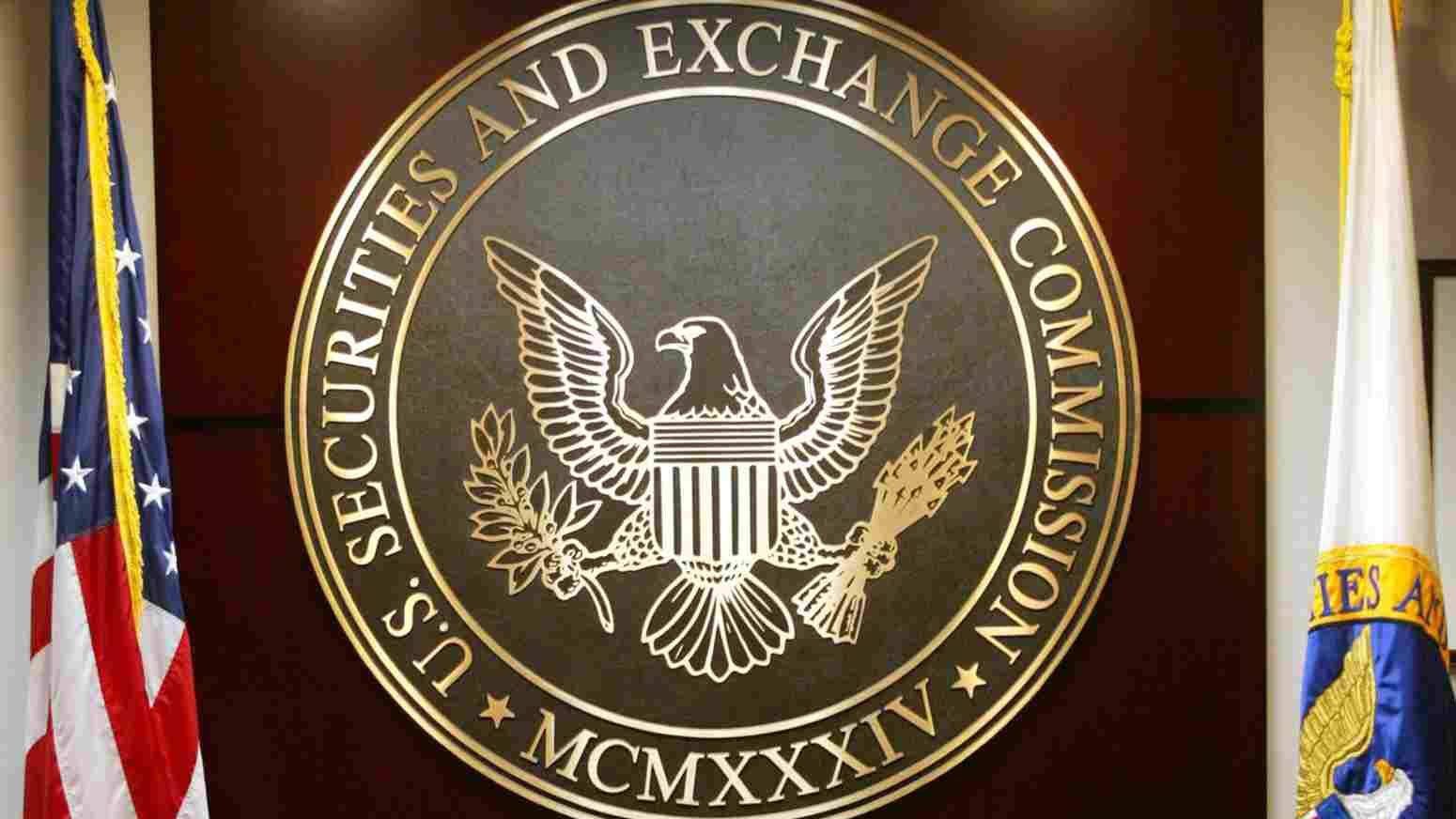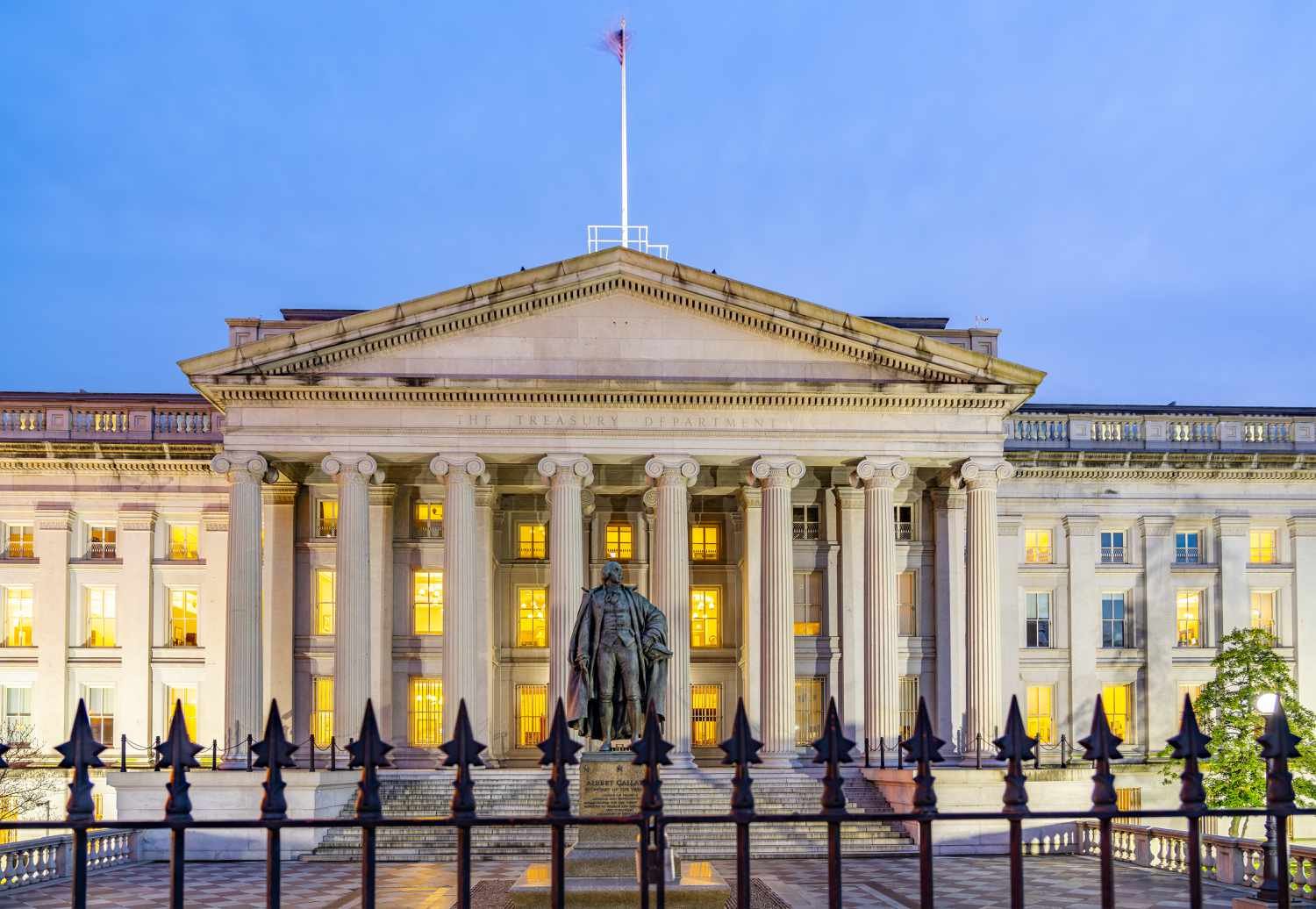

Regulatory Update: SEC Staff Guidance Eases Broker-Dealer Path Into Digital Asset Markets
On May 15, 2025, the U.S. Securities and Exchange Commission’s Division of Trading and Markets (“Staff”) published a set of Frequently Asked Questions (FAQs) offering long-awaited clarity for SEC-registered broker-dealers and transfer agents engaging in crypto asset-related activities.
Issued alongside FINRA and accompanied by the formal withdrawal of the 2019 Joint Staff Statement on Broker-Dealer Custody of Digital Asset Securities, this update is a meaningful step forward. It signals the Staff’s intent to move past defensive postures and toward practical, systems-level integration of crypto asset infrastructure into the legacy securities framework.
To be clear: the FAQs don’t alter statutory obligations or override the SEC’s 2020 Special Purpose Broker-Dealer (“SPBD”) Statement. But what they do provide is a viable, operational path for traditional broker-dealers to custody crypto asset securities—without siloed carveouts or regulatory acrobatics.
Let’s break down what matters, and why this shift should be on the radar of every compliance officer, digital asset GC, and prime services executive with an eye on the evolving intersection of finance and blockchain.

Ripple and SEC Seek to Resolve Civil Penalty Dispute with $75M Release to Ripple
In a notable shift toward final resolution, Ripple Labs and the U.S. Securities and Exchange Commission (SEC) have jointly filed a motion in the U.S. District Court for the Southern District of New York seeking to modify the judgment in their long-standing enforcement matter and release funds held in escrow. Under the proposed stipulation, $125 million in civil penalties previously imposed on Ripple would be partially redistributed—$50 million paid to the SEC, with the remaining $75 million returned to Ripple.

DOJ Charges Amalgam Founder With Crypto Fraud: A Case Study in Deception
The Justice Department has unsealed criminal charges against Jeremy Jordan-Jones, alleged founder of the now-defunct crypto venture Amalgam, accusing him of orchestrating a $1 million investor fraud built on fabricated partnerships, fictitious technology, and the trappings of blockchain legitimacy.
The indictment is the latest in a growing string of federal enforcement actions targeting fraudulent schemes masquerading as legitimate digital asset businesses. The message from prosecutors is clear: the novelty of blockchain will not shield bad actors from traditional fraud charges.

SafeMoon Trial Opens: Former CEO Claims Innocence, Points to Founder as Culprit
The trial of SafeMoon’s former CEO, Braden John Karony, commenced this week in the U.S. District Court for the Eastern District of New York (EDNY), adding another complex layer to the growing landscape of crypto enforcement actions. Facing charges of securities fraud conspiracy, wire fraud conspiracy, and money laundering conspiracy, Karony has publicly asserted his innocence—and in a rare move, attempted to deflect culpability toward SafeMoon’s founder, Kyle Nagy.

Crypto Legislation Collides with Trump’s Digital Asset Ties as House Hearing Implodes
Efforts to establish a comprehensive digital asset regulatory framework were sidelined on Tuesday, not by policy disagreement, but by political uproar.
What was expected to be a pivotal joint hearing between the House Financial Services and Agriculture Committees was instead derailed by a high-profile objection from Democratic leadership, intensifying an already volatile environment around crypto legislation.

Paul Atkins Confirmed as SEC Chair Amid Rising Pressure to Act on Chinese Companies
On April 10, 2025, the U.S. Senate confirmed Paul Atkins as the next Chair of the Securities and Exchange Commission in a narrow 52-44 vote. During his confirmation process, Atkins faced tough questions about the agency’s recent reversals in crypto enforcement and the influence of the Trump administration on its priorities. But the most pointed pressure came from lawmakers demanding stronger action against Chinese companies listed on U.S. exchanges.

Courts, Not Regulators, May Shape Crypto Law — But That’s Not Necessarily a Bad Thing
As the SEC retreats from its aggressive crypto enforcement posture under former Chair Gary Gensler, observers have speculated that courts will now become the primary venue for resolving disputes over how federal securities laws apply to digital assets. But despite the headlines suggesting a flood of new litigation, we at Anderson P.C. are not convinced that such a surge is inevitable—or even problematic.

Par for the Course - Senator Warren Urges Review of Trump SEC’s Crypto Retreat
To many familiar with Senator Warren’s long-standing focus on financial regulation and institutional accountability, this move is unsurprising. She has consistently taken a hardline stance against what she views as industry capture and lax enforcement. Whether this particular request leads to meaningful action from the OIG remains to be seen. Such inquiries can take months or years, and the bar for proving undue influence is high.

Conducting a Tokenized Offering Under Reg A
While there are multiple frameworks available to launch and distribute tokens—including those designed to avoid classification as securities—many of our clients elect to offer tokens as securities for strategic reasons. This can include unlocking broader investor participation, enabling secondary market liquidity, or building long-term institutional trust. Regulation A and Regulation Crowdfunding (Reg CF) are the two primary exemptions that allow for the public issuance of security tokens under U.S. law.

SEC Enforcement Lawyers Face Fallout as Crypto Industry Pushes Back
The ongoing battle between the SEC and the cryptocurrency industry has taken a new turn—not just in regulatory policy, but in the professional reputations of SEC enforcement attorneys. With the agency facing court setbacks and political shifts, some former SEC lawyers are struggling to find opportunities in private practice, particularly at firms engaged in crypto-related work. This dynamic raises fair questions on both sides—is this an unfair punishment for regulators who were doing their jobs, or is it a natural consequence of overzealous enforcement that left a lasting impact on the industry?

SEC Backs Down on Ripple
In a major development for the cryptocurrency industry, the U.S. Securities and Exchange Commission (SEC) has ended its appeal against Ripple Labs regarding the legal status of the XRP token. This decision marks a significant shift in regulatory posture, reflecting broader changes in crypto oversight under the new administration.

SEC Crypto Enforcement Pauses in Select Matters; But Uncertainty Remains for Many
While major platforms like Coinbase and Binance breathe easier, countless other crypto market participants remain in the crosshairs of unresolved investigations. These businesses, builders, and innovators face the same murky regulatory waters, the same costly battles, and the same chilling uncertainty that the SEC now seems to acknowledge is problematic. So, why are they still left out in the cold?

KuCoin’s $297M Settlement Marks a Turning Point in Crypto Compliance
Crypto exchange KuCoin has agreed to pay $297 million and pled guilty to operating an unlicensed money transmitting business, following allegations of widespread anti-money laundering (AML) failures and the facilitation of over $5 billion in illicit transactions. This significant development underscores the growing scrutiny of cryptocurrency platforms by U.S. regulators and law enforcement.

President Trump Launched a Memecoin: Much Ado About Nothing?
The launch of President Donald Trump’s $TRUMP cryptocurrency token has sparked controversy, with critics framing it as a regulatory and ethical quagmire. However, when analyzed through established legal frameworks, these attacks seem more like political theater than substantive concerns. While $TRUMP has undoubtedly captured headlines and stirred debate, the reality is that this token likely does not meet the legal definition of a security. Without significant changes to how it is marketed or managed, critics’ arguments appear to lack the necessary substance to stick.

U.S. Treasury’s Overreach in Crypto Broker Reporting Sparks Industry Outrage
Recent developments in Treasury’s crypto broker reporting regulations have ignited heated debate across the digital asset community. At the heart of the controversy lies a significant overreach: Treasury’s expanded definition of “broker” now includes entities like informational websites, platforms with "connect wallet" features, and other services that merely provide users with data they can use to transact on blockchain networks. This interpretation, codified in TD 10021, has drawn sharp criticism for its legal overextension and potential to stifle innovation in the burgeoning crypto sector.

Legal Framework for the Tokenization of Real-World Assets
The concept of tokenizing real-world assets (RWAs) has emerged as a transformative innovation at the intersection of technology, finance, and law. By leveraging blockchain technology to digitize ownership, tokenization is reshaping how we perceive, manage, and trade physical and intangible assets. From real estate and precious metals to intellectual property and collectibles, tokenization offers unparalleled opportunities for fractional ownership, liquidity, and efficiency. At its core, tokenization represents the digitization of assets into tokens recorded on a distributed ledger, allowing these assets to be bought, sold, and managed more effectively.

Trump to Meet Privately With Coinbase CEO Brian Armstrong: What It Means for Crypto Regulation
President-elect Donald Trump is set to meet privately with Coinbase CEO Brian Armstrong on Monday, marking a significant moment for the cryptocurrency industry. According to sources familiar with the matter, the meeting is expected to focus on key personnel appointments for Trump’s second administration, potentially signaling a major shift in the regulatory landscape for digital assets.

Crypto Legislation Likely Coming Under Trump, Ex-SEC Chief Jay Clayton Predicts
As the United States braces for a shift in regulatory priorities, former SEC Chairman Jay Clayton announced on Wednesday that he anticipates significant legislative action on cryptocurrency under President-elect Donald Trump’s upcoming administration. Speaking at a gathering of securities lawyers in New York, Clayton hinted at a friendlier regulatory environment for the crypto industry, a stark contrast to the enforcement-heavy approach seen under President Joe Biden.

18 States Sue SEC and Gary Gensler for Alleged ‘Regulatory Overreach’ on Crypto
The Securities and Exchange Commission (SEC) and its Chair, Gary Gensler, are facing significant legal pushback from 18 Republican attorneys general, who have filed a lawsuit accusing the agency of overstepping its regulatory bounds in its enforcement actions against the cryptocurrency industry. The lawsuit, led by Kentucky Attorney General Russell Coleman, is a pivotal moment in the ongoing battle over the future of crypto regulation in the United States.

The Impact of Technology on Securities Markets: A Legal Perspective on the SEC’s Report
The SEC’s recent report to Congress on the impact of technological advances in securities markets isn’t merely a catalog of tech developments; it’s an inventory of how these tools alter the market’s fundamental mechanics—and, yes, its regulatory challenges. If the 20th century markets were defined by floor traders, telephone orders, and paper filings, the 21st century has swiftly evolved into a digital arena dominated by algorithms, blockchain, and AI. The upshot? We’re witnessing a market that’s faster, more accessible, and potentially more transparent, but also laden with new regulatory wrinkles. Let’s examine what the SEC has to say about this digital transformation and its implications for legal compliance, investor protection, and, well, market stability.
